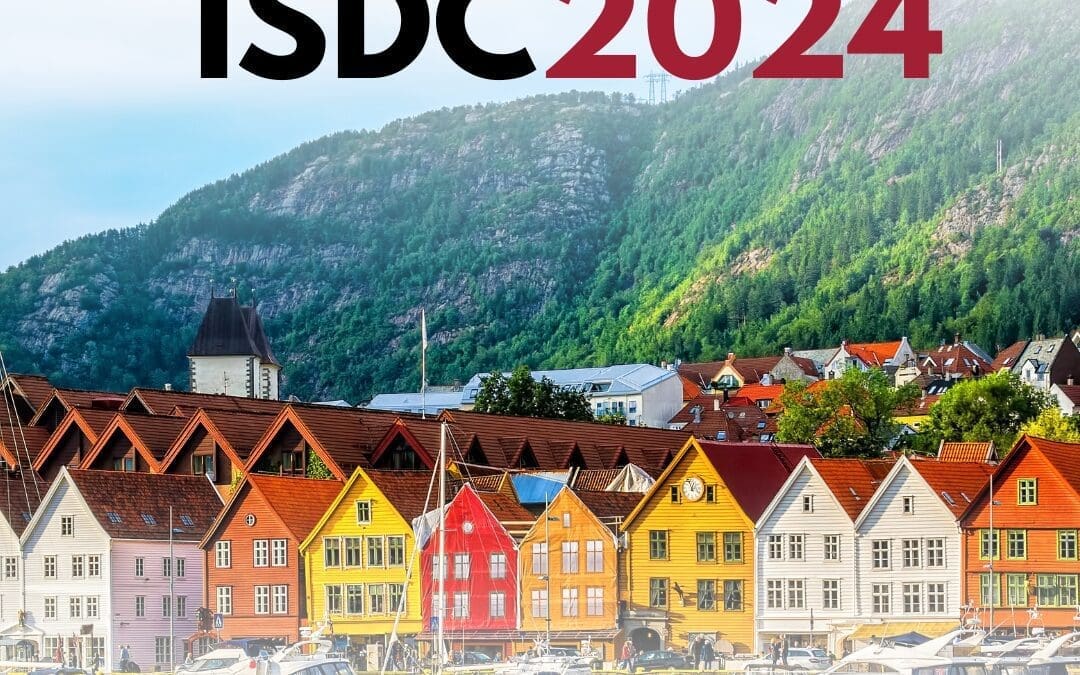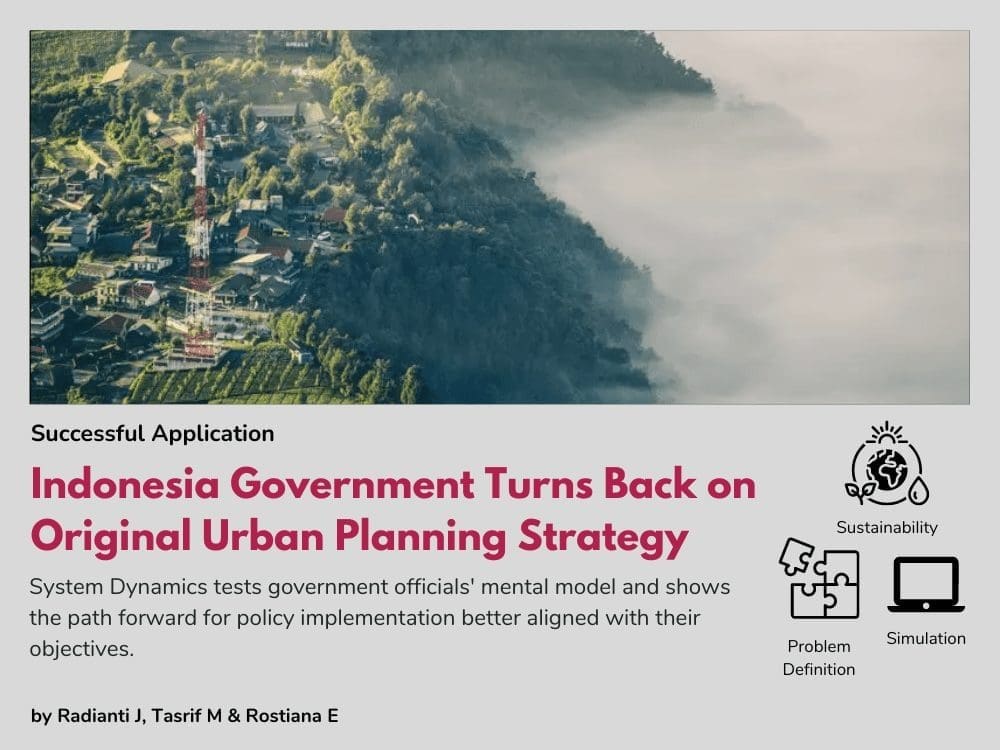Indonesia Government Turns Back on Original Urban Planning Strategy
In pioneering spatial planning management for metropolitan cities, the Ministry of Human Settlements and Regional Infrastructures Development of the Republic of Indonesia, started a project to build a computer simulation on spatial planning. The pilot project was situated in Semarang, the capital city of Central Java, Indonesia.
The aim of the project was to understand the impact of metropolitan growth and spatial planning on essential indicators of urban life such as economic growth, land usages and industry development. The impact of population growth was the central focus in this project. Population growth was explored to predict to which extent additional facilities such as lands for industry development and transportation infrastructure were needed.
The model showed that almost all policies directed at raising economic growth also increased the population number.
The conclusion of the project is that any policy in the field of spatial planning should anticipate effects on the population sector and mitigate planning accordingly.
| Client | Ministry of Human Settlements and Regional Infrastructures Development, Indonesia |
|---|---|
| Authors/Consultants | Radianti J, Tasrif M, Rostiana E |
OTHER SUCCESSFUL APPLICATIONS
System Dynamics Helps Evaluate Anticipatory Action on Cholera Outbreaks
Humanitarian agencies encourage anticipatory action in disaster response to cholera outbreaks in the Democratic Republic of Congo.
Management Design for Planted Forests in Japan Using System Dynamics
Hanno City in Saitama Prefecture used a system dynamics model to enable detailed analysis of labor requirements and changes in forest conditions.
Solving Bottlenecks in Dairy Production Facilities with System Dynamics
FriedslandCampina employed system dynamics to strategically enhance production efficiency in the midst of factory merging.
Upcoming Events

2024 International System Dynamics Conference
The International System Dynamics Conference is coming to Bergen! Save the date: August 4-8, 2024. We hope to see you there! #ISDC2024
Recent Posts
How Did En-ROADS Get 755,000 users? Lessons on Modeling, Interface Design, and Facilitation
This article discusses the En-ROADS climate model, detailing its robust modeling, intuitive interface design, effective facilitation, and strategic policy engagement for global impact.
Society Governance Updates
New System Dynamics Society leadership
Call for Presenters: Seminar Series
Share your insights in the System Dynamics Society Seminar Series. Submit your proposal and join a global community of experts
Join us
OTHER SUCCESSFUL APPLICATIONS
System Dynamics Helps Evaluate Anticipatory Action on Cholera Outbreaks
Humanitarian agencies encourage anticipatory action in disaster response to cholera outbreaks in the Democratic Republic of Congo.
Management Design for Planted Forests in Japan Using System Dynamics
Hanno City in Saitama Prefecture used a system dynamics model to enable detailed analysis of labor requirements and changes in forest conditions.
Solving Bottlenecks in Dairy Production Facilities with System Dynamics
FriedslandCampina employed system dynamics to strategically enhance production efficiency in the midst of factory merging.
Recent Posts
How Did En-ROADS Get 755,000 users? Lessons on Modeling, Interface Design, and Facilitation
This article discusses the En-ROADS climate model, detailing its robust modeling, intuitive interface design, effective facilitation, and strategic policy engagement for global impact.
Society Governance Updates
New System Dynamics Society leadership
Call for Presenters: Seminar Series
Share your insights in the System Dynamics Society Seminar Series. Submit your proposal and join a global community of experts
Upcoming Events

2024 International System Dynamics Conference
The International System Dynamics Conference is coming to Bergen! Save the date: August 4-8, 2024. We hope to see you there! #ISDC2024


